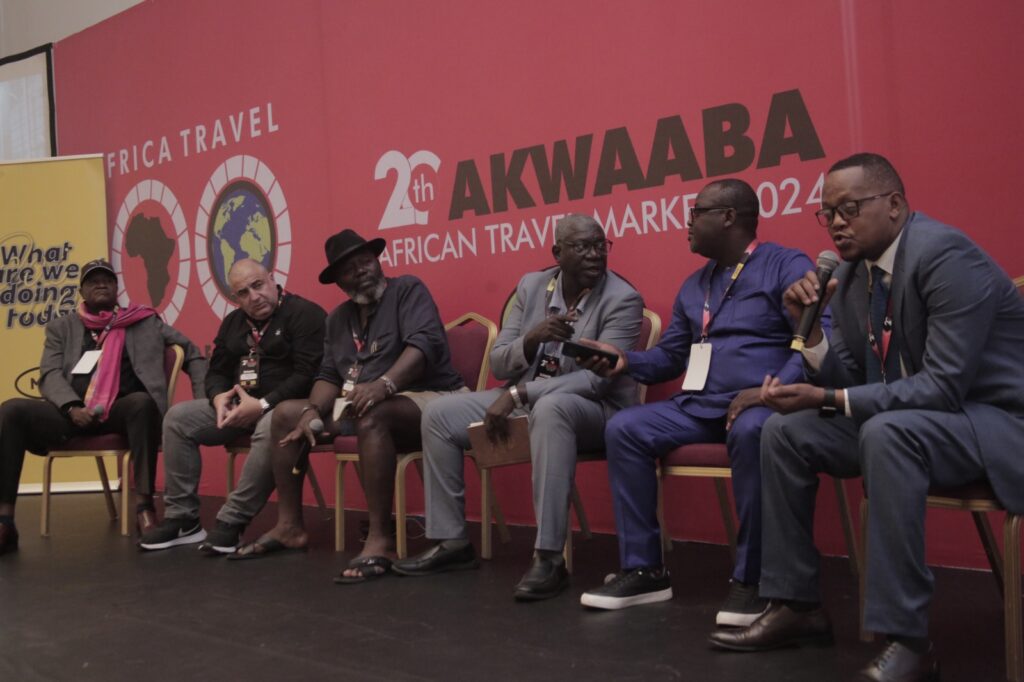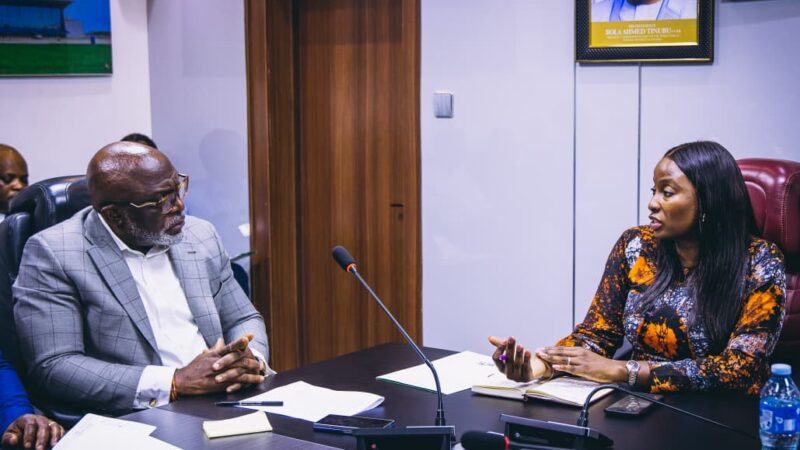Unified African Travel Market Will Ease Connectivity, Boost Tourism, Experts Say

Tourism, a critical engine of economic growth for many African nations, continues to be stunted by a myriad of challenges.
From restrictive visa policies to poor infrastructure, Africa’s potential as a top tourist destination is being undermined, threatening the sector’s ability to generate employment, attract investment, and promote cultural exchange.
Industry experts at the 20th Akwaaba African Travel Market have called on African leaders to recognise the immense potential of tourism as a key revenue earner, essential for driving economic growth across the continent.
They highlighted various challenges that have stifled the growth of tourism in Africa and offered solutions to unlock the sector’s full potential.
During the panel discussion at the event, tourism experts lamented issues such as restrictive visa policies, underutilisation of technology, insufficient local community involvement, and poor infrastructure, all of which continue to hinder tourism development across Africa.
The continent, they noted, is endowed with rich cultural heritage, stunning natural beauty, and abundant wildlife, yet much of this remains untapped.
Ambassador Ikechi Uko, the organiser of the Akwaaba African Travel Market and moderator of the session, emphasised that meaningful progress could only be achieved through collaboration, partnerships, and strong political will from African governments.
He cited the Nigerian government’s recent reduction in Visa-On-Arrival fees from $170 to $120 for foreign nationals visiting the country, which came in response to complaints from foreign participants of the travel market, as a positive step forward.
He said the policy adjustment has eased travel for many visitors, facilitating smoother movement into the country.
As one of the major concerns raised by panellists, restrictive visa policies across many African countries hinder many tourists and travel enthusiasts from connecting freely and seamlessly.
Mr. Ahmed Naaman of Dodi Travels in Ghana explained that the high visa fees and the requirement to obtain separate visas for each African country remain significant deterrents for tourists.
“Tourists know Africa has much to offer, but navigating the complicated visa processes makes it difficult for them to explore more than one destination,” he said.
He urged African governments to ease visa restrictions and expedite processing times to attract more visitors.
Mr. Edi Lawani, CEO of Kuruku Nigeria, pointed out that many African countries have not fully embraced technology to promote their tourism offerings.
“We are lagging in the use of digital tools to showcase our unique destinations,” he said, adding that stronger digital infrastructure is crucial for facilitating communication between tourists and local operators.
Lawani also underscored the importance of leveraging social media platforms like Facebook, TikTok, and Instagram to reach a global audience and revolutionise tourism marketing.
Davidson Mugisha from Rwanda highlighted the poor internet connectivity in many African countries, noting that this poses a challenge for tourists who rely on digital platforms for information and bookings.
Additionally, inadequate infrastructure, such as roads, electricity, and water supply, further complicates the travel experience for visitors.
Dr. Adama Bah from The Gambia called for a collaborative approach across Africa’s tourism industry, advocating for the creation of a Pan-African travel market.
“If we receive support from the African Union and other stakeholders, we can build a unified travel market that showcases our shared heritage and attracts visitors from across the globe,” he stated.
Bah also pointed to Africa’s culture as its greatest asset, but lamented the lack of implementation of key tourism strategies.
“In Africa, we’re excellent at drafting blueprints, but our biggest issue is in following through,” he said, calling on governments to support small and medium-sized enterprises (SMEs) within the tourism sector to drive growth.
The tourism experts emphasised the need to form a unified African travel market under the umbrella of African Union to address the issues plaguing the industry by improving visa policies, leveraging technology, enhancing infrastructure, and developing local tourist destinations.
With this initiative, the experts believe Africa can change the narrative and transform its tourism sector into a major driver of economic growth.







